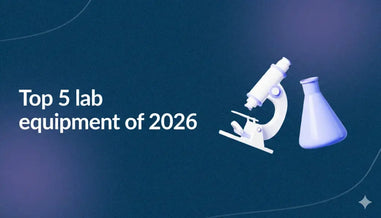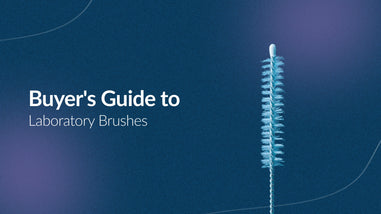- No products in the cart.
Lithium-ion batteries are the most widely used technology for electric vehicles, as well as a wide range of other applications. Manufacturing quality is one of the most important factors when it comes to the performance of the battery. Ensuring high quality levels of production during the manufacturing process of lithium-ion batteries is critical in preventing safety risks and underperformance of the battery.
What Are The 4 Basic Components of a Battery?
Lithium-ion batteries consist of four main components. These include the cathode, anode, electrolyte, and separator. The cathode is the source of the lithium-ions and determines the voltage and capacity of the battery. The lithium-ions from the cathode are stored and released from the anode which allow currents to pass through an external circuit. Electrolytes enable the movement of the lithium-ions or electrical charge between the cathode and anode. The separator prevents contact between the cathode and anode.

The anode is the negative side and the cathode is the positive side of the battery. An electrolyte chemical medium enables the movement of the electrical charge between the anode and the cathode and transforms the chemical energy to electrical energy. Lithium-ions move from the negative electrode through an electrolyte to the positive electrode during discharge.
What Chemicals Are Used in Battery Production?
There are several key chemicals used in the production of batteries. These include nickel, cobalt, and lithium. These metals are used in today’s cathode material and the chemistries utilized in high-performance batteries.
Electric vehicle batteries run on the flow of lithium-ions between the anode, which contains graphite, and the cathode. Lithium carries the charge between electrodes. Cathodes are composed of nickel. Nickel is extra durable and results in high energy density which makes the car travel further. Cobalt has a tight molecular structure that ensures a rapid flow of electrons through the battery and prevents the cathodes from overheating or catching on fire and helps extend the life of the batteries.
What Lab Equipment Do I Need in the Electric Car Manufacturing Process?
There are three main stages in the production of the lithium-ion battery. These include electrode manufacturing, cell assembly, and cell finishing. Each stage requires certain types of lab equipment.
The following is the equipment required per stage:
What PPE is Needed During the Manufacturing Process?
Personal safety equipment is extremely important during the manufacturing process. There are many health and safety hazards in this type of environment.
Some of the personal protective equipment that workers in the manufacturing environment should wear include the following:
For over 40 years, Lab Pro Inc. has been committed to delivering the highest quality hand tools, chemicals, lab equipment, distance learning kits, lab supplies, and cleanroom PPE apparel to medical device companies and laboratories worldwide. To learn more, visit the biggest Lab Supply showroom in California, or contact us online or at 888-452-2776.












































